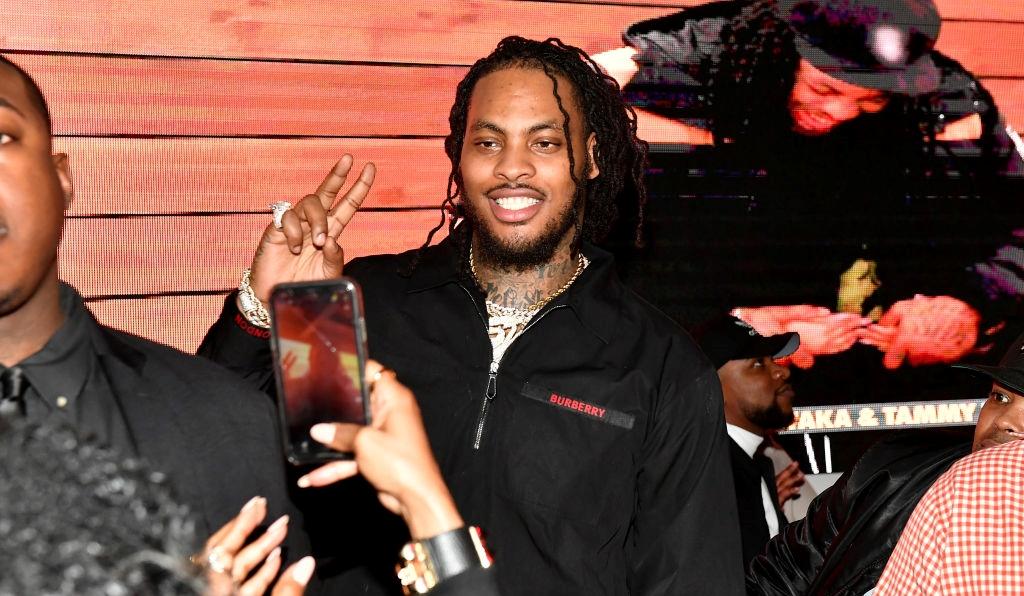How to Invest in IUL Life Insurance and Grow Your Wealth
Waka Flocka Flame inspired people to consider a type of universal life insurance called IUL that can help you grow your wealth. Here’s the rundown.
Feb. 17 2022, Published 1:57 p.m. ET
If you want to be like the rich, you have to spend like the rich—at least that’s what rapper and businessman Waka Flocka Flame says. A few years ago, the artist sat down with Complex to talk about one of his key methods to preserve and grow wealth—IUL life insurance.
What's IUL life insurance and should you use it to reach your financial goals? Let’s dig into the details.
Waka Flocka talks about universal life insurance.
Waka Flocka said that one of his friends is a financial historian—a field where professionals “study rich people’s spending habits.”
It sparked his interest and he learned about the best ways to save and store his wealth. Waka Flocka, who holds an estimated net worth of $7 million, said, “I used to spend money on everything.” Now, he says he keeps millions of dollars in an insurance policy that he can borrow from while it grows. He’s referring to a type of universal life insurance called IUL.
How does IUL life insurance work?
What Waka Flocka is referring to is something called IUL (indexed universal life), which is a type of universal life insurance product with two key features:
Death benefit
Cash account
The cash account is the real draw. You can pay policy premiums using the cash and, more importantly for the wealthy, take withdrawals and loans. All the while, your cash can grow at a rate that’s likely higher than bank interest rates. Banks often offer interest that’s under 1 percent or, in the case of high-yield accounts, under 5 percent when federal interest rates are high. For IUL life insurance, the rate of growth depends on the performance of an equity index.
Do banks put money in IULs?
U.S. banks practice something called fractional reserve banking. This means that only a fraction of total bank deposits remain available for cash on hand while the bank uses the rest for lending.
Through the fractional reserve system, banks have capital to invest into high cash value life insurance. They usually invest in bank-owned life insurance (BOLI). Banks use it as a way to grow capital, protect assets from taxes, and fund employee benefits.
Some banks might use an IUL product as an alternative to BOLI (the two are fundamentally similar).
Should you cut out the middleman and invest in IULs?
When individuals store money in high cash value IULs, they’re basically cutting out the middleman (the bank). Like whole life insurance, IUL provides you with a death benefit. There are also perks, like tax-free growth, that aren't at the whim of the broad market.
IULs are safer than the stock market because they guarantee you won’t lose extreme amounts of money. In many cases, they have a floor rate (usually 0 percent–0.75 percent), which means you can't lose money at all. You might also incur a cap rate or participation rate, which means a maximum return (usually 20 percent–100 percent). The UCI (uninterrupted compound interest) feature of IULs means you can withdraw money without interrupting the interest cycle.
IULs are good for high-profile individuals because the funds within an IUL account are protected from lawsuits.
On the downside, you do have to pay premiums and expenses. By comparing the cost with potential returns, you can determine if an IUL plan is a savvy place for your liquidity.


